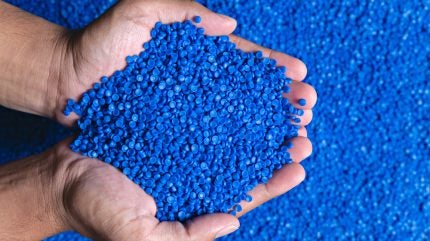
Finnish sustainable fuels developer Neste and South Korean chemical company Lotte Chemical have teamed up to provide lower-emission solutions for chemicals and plastics used in industries including packaging.
Neste will provide Neste RE, a raw material for chemicals and plastics that is made from 100% renewable raw sources.
Lotte Chemical will use Neste RE at the company’s Korean sites to produce common plastics and chemicals in Lotte Chemical’s broad product portfolio.
LOTTE Chemical’s portfolio covers 22 countries and includes chemical raw materials, polymers, monomers, aromatics, synthetic rubbers, interior/construction materials, engineering plastics and fine chemicals.
With chemicals and plastics still largely depending on fossil resources, both companies see an urgent need to switch to sustainable alternatives.
Neste vice-president of value chain development for renewable polymers and chemicals Jeroen Verhoeven commented: “Together, we can pave the way to more sustainable supply chains and lower emissions for a wide range of sectors and applications.”
In March 2024, Neste announced an offtake agreement with advanced plastic recycling solutions provider Mura Technology for renewable feedstock. The company has previously developed bio-based food and drinks packaging.
One of the company’s ambitions is to make its Porvoo oil refinery in Finland the most sustainable refinery in Europe by 2030. This is alongside reaching carbon-neutral production by 2035 and reducing the carbon emission intensity of sold products by 50% by 2040.



